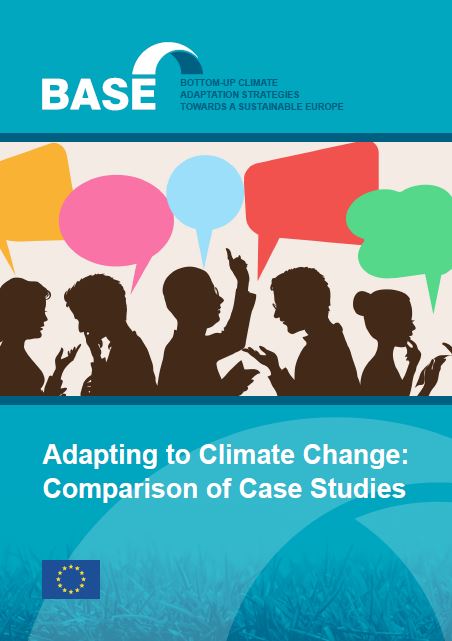In 2018 the "Implications of the Paris Agreement for national climate protection ambition" project is rolled out in support of the Talanoa Dialogue and these 8 countries will be examined carefully: the EU, Germany, China, USA, Canada, Japan, India and Brasil. How are they implementing the Paris Agreement? Can these contributions secure a 1.5-2°C degree world? Who is a climate leader, and who isn't? This new project will shed light on the actual climate impact of said countries mitigation efforts and their level of ambition.
The Paris Agreement, which entered into force in late 2016, stipulates the global temperature goal to be well below 2°C degrees and with ambition to limit temperature increase to 1.5°C degrees (over preindustrial levels). Achieving this goal is dependent on the national commitments and contributions by all countries. These will have to show a raise in ambition over time, as it is determined in the agreement through the regular review and submission of their respective nationally determined contributions (NDCs). The first NDC will have to be published in 2020 and their submission should be informed by the Talanoa Dialogue taking place in 2018, which will provide an update on the effect of the measures taken so far. There is ample evidence that current commitments by countries, including those of the EU and Germany, are insufficient to reach the global temperature goal agreed.
The project will analyse the NDCs of the EU, Germany, China, USA, Canada, Japan, India and Brasil. The project aims to bridge the gap between what is needed and what is feasible in terms of the contributions countries are able to make. The project seeks to provide information to support a conversation on the NDC review and a potential increase in ambition within the 8 countries selected.
The work of the Ecologic Institute will focus on the climate protection contributions of the EU and Germany as well as the EU's 2050 strategy. Additionally the Ecologic Institute will conceptualize the outreach for the project. The project has a timeline of 2 years and will be closely aligned with processes within the international climate negotiations and the national formulation of climate protection contributions.
Stay tuned…
Within the project's timeframe several reports and country-specific policy papers will be published. These will amongst others be presented alongside the next COPs and the May mid-term intersessionals. The overall project results will be published in a final report in 2019.





